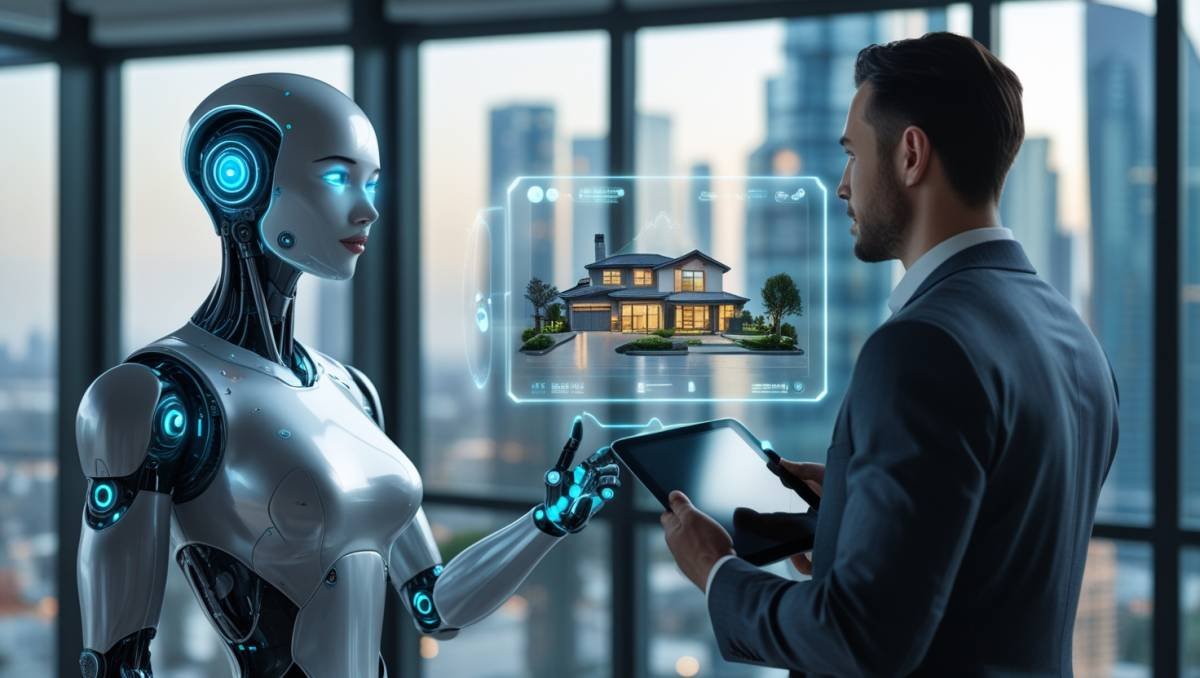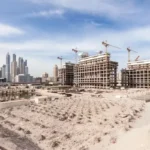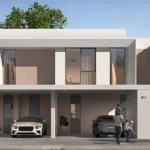Now Reading: Smart Grids Transform Residential Developments
-
01
Smart Grids Transform Residential Developments
Smart Grids Transform Residential Developments
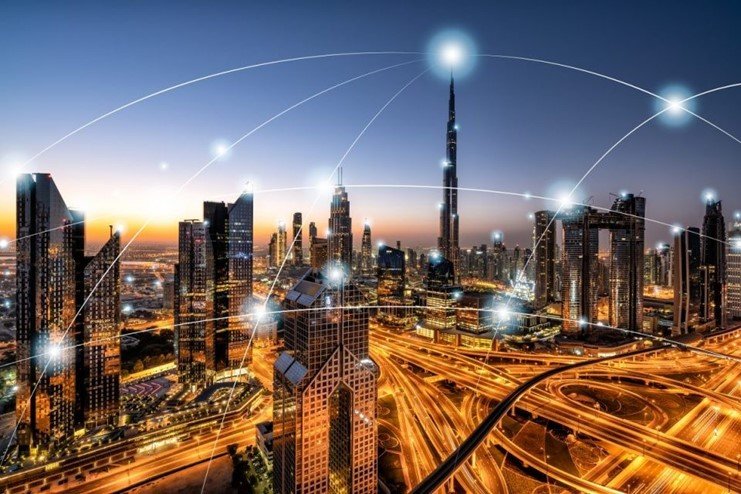
The integration of smart grids in residential developments is reshaping the way energy is managed in modern communities. By combining digital technology, renewable energy, and advanced monitoring systems, smart grids create efficient, sustainable, and cost-effective residential environments.
In the UAE, where sustainability and innovation are central to urban planning, smart grids are becoming a cornerstone of future-ready developments. They not only optimize energy consumption but also enhance residents’ quality of life.
What Are Smart Grids?
Smart grids are modernized electrical grids that use digital communication, sensors, and automation to monitor, control, and optimize electricity flow from producers to consumers. Unlike traditional grids, smart grids enable real-time management, integrating renewable energy sources and providing detailed insights into energy use.
Key features include:
- Two-way Communication: Between utilities and households.
- Energy Monitoring: Real-time data on usage patterns.
- Integration with Renewable Energy: Solar panels, wind, and battery storage.
- Automated Load Management: Balancing supply and demand efficiently.
Why Smart Grids Matter in Residential Developments
In residential communities, it offers multiple benefits:
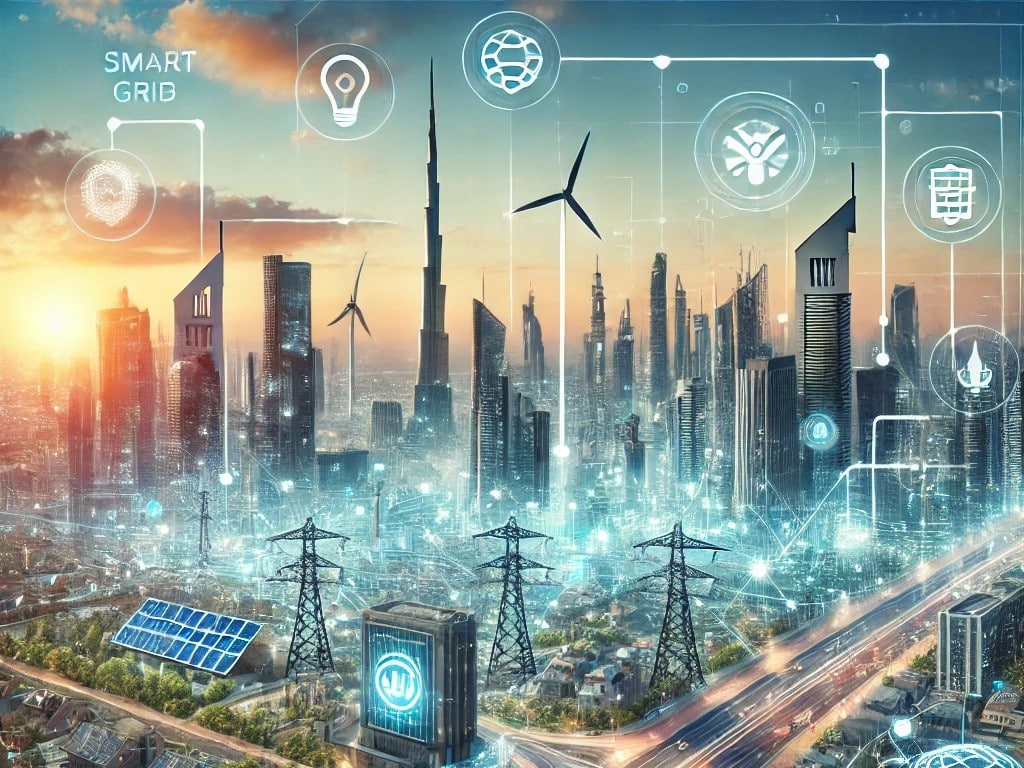
- Energy Efficiency: Reduce waste and lower utility bills.
- Sustainability: Supports renewable energy integration and reduces carbon footprints.
- Reliability: Minimizes outages with automated load balancing.
- Cost Savings: Optimized energy use lowers operating expenses for homeowners.
- Enhanced Property Value: Sustainable developments attract environmentally conscious buyers.
Examples of Smart Grid Applications
Solar-Powered Communities
Many new residential developments in Dubai and Abu Dhabi integrate solar panels to manage energy distribution efficiently. Homeowners can store excess energy or feed it back into the grid.
Smart Meters
Smart meters track electricity consumption in real-time, allowing residents to monitor usage and adjust habits, resulting in lower bills and greater energy awareness.
Demand Response Systems
Smart grids in residential areas can automatically adjust energy loads during peak hours, reducing strain on the grid and lowering energy costs.
EV Charging Integration
As electric vehicles gain popularity, smart grids allow for efficient EV charging without overloading residential energy systems.
Case Studies in the UAE
Masdar City, Abu Dhabi
Masdar City’s residential districts feature smart grid integration, renewable energy sources, and advanced energy monitoring, creating one of the world’s most sustainable urban communities.
Sustainable City, Dubai
This eco-friendly development combines solar energy, smart grids, and efficient building design to minimize energy consumption and promote green living.
Benefits for Residents and Developers
- Lower Carbon Footprint: Cleaner energy consumption contributes to UAE’s Net Zero 2050 goals.
- Energy Independence: Communities generate and manage their own energy.
- Higher ROI for Developers: Eco-friendly developments attract premium buyers.
- Enhanced Lifestyle: Smart systems provide convenience, reliability, and safety.
Challenges of Implementation
Despite the advantages, there are challenges to adopting smart grids in residential developments:
- High Initial Costs: Infrastructure and technology require significant investment.
- Technical Expertise: Skilled personnel are needed to operate and maintain systems.
- Integration with Legacy Systems: Older developments may face difficulties adapting to smart grids.
- Data Security: Protecting sensitive energy usage data is crucial.
Governments, utilities, and developers must work together to overcome these challenges and ensure seamless integration.
Future Outlook
The future of smart grids in residential developments looks promising:
- Integration with IoT and AI: Enhanced predictive energy management and automation.
- Community Energy Sharing: Residents can buy and sell excess energy within the community.
- Net-Zero Developments: Entire residential districts designed to achieve net-zero energy consumption.
- Increased Global Adoption: UAE residential developments set benchmarks for smart grid implementation worldwide.
As technology advances and renewable energy becomes more accessible, smart grids will play a central role in sustainable urban living.
Conclusion
Smart grids are transforming residential developments in the UAE by enhancing energy efficiency, sustainability, and cost-effectiveness. By integrating renewable energy, real-time monitoring, and automated management, smart grids in residential developments create smarter, greener, and more resilient communities.
For developers, investors, and residents, adopting smart grid technology is not just an upgrade-it’s a future-ready solution for sustainable urban living.
Follow us on: Instagram
Read More: Solar Energy in UAE Homes Drives Green Development



